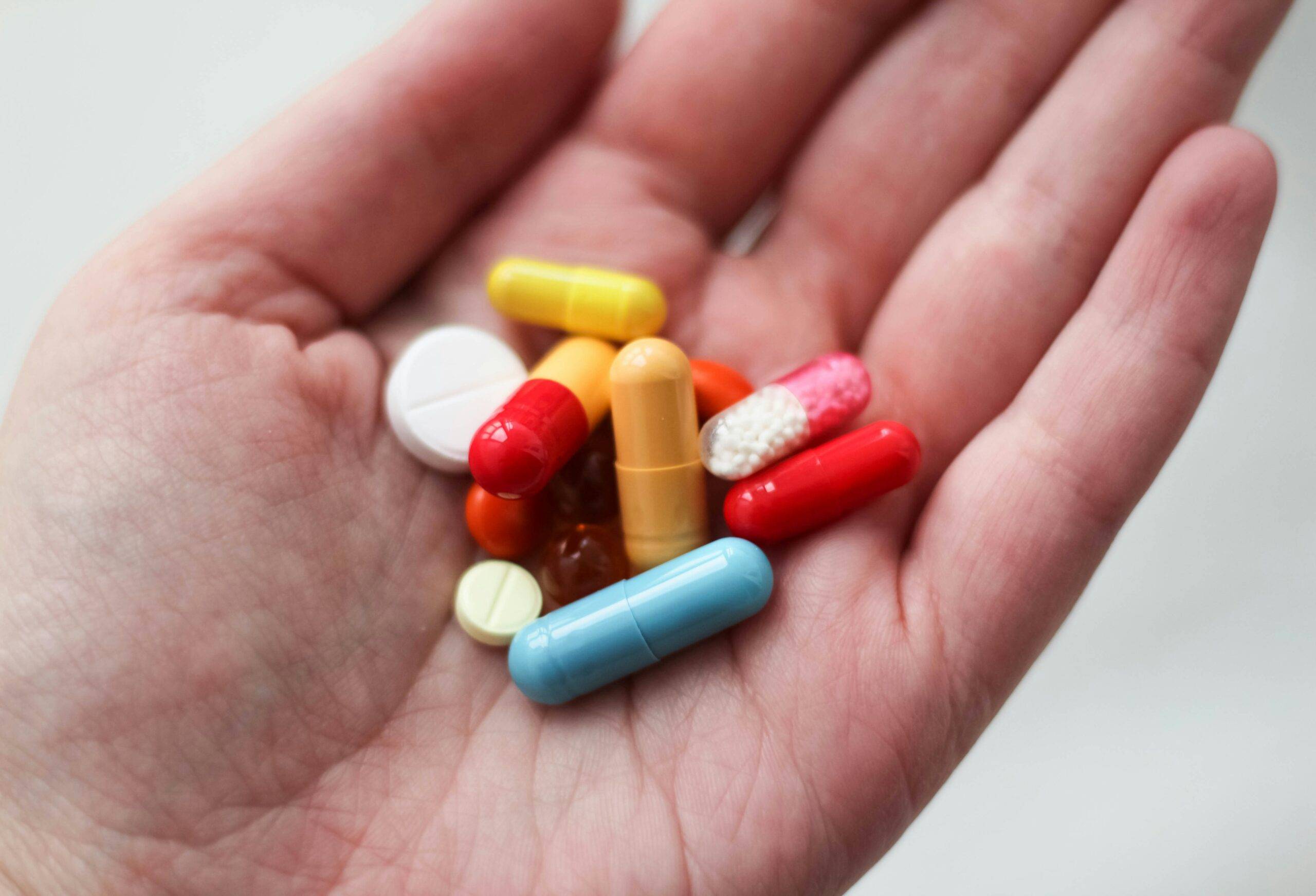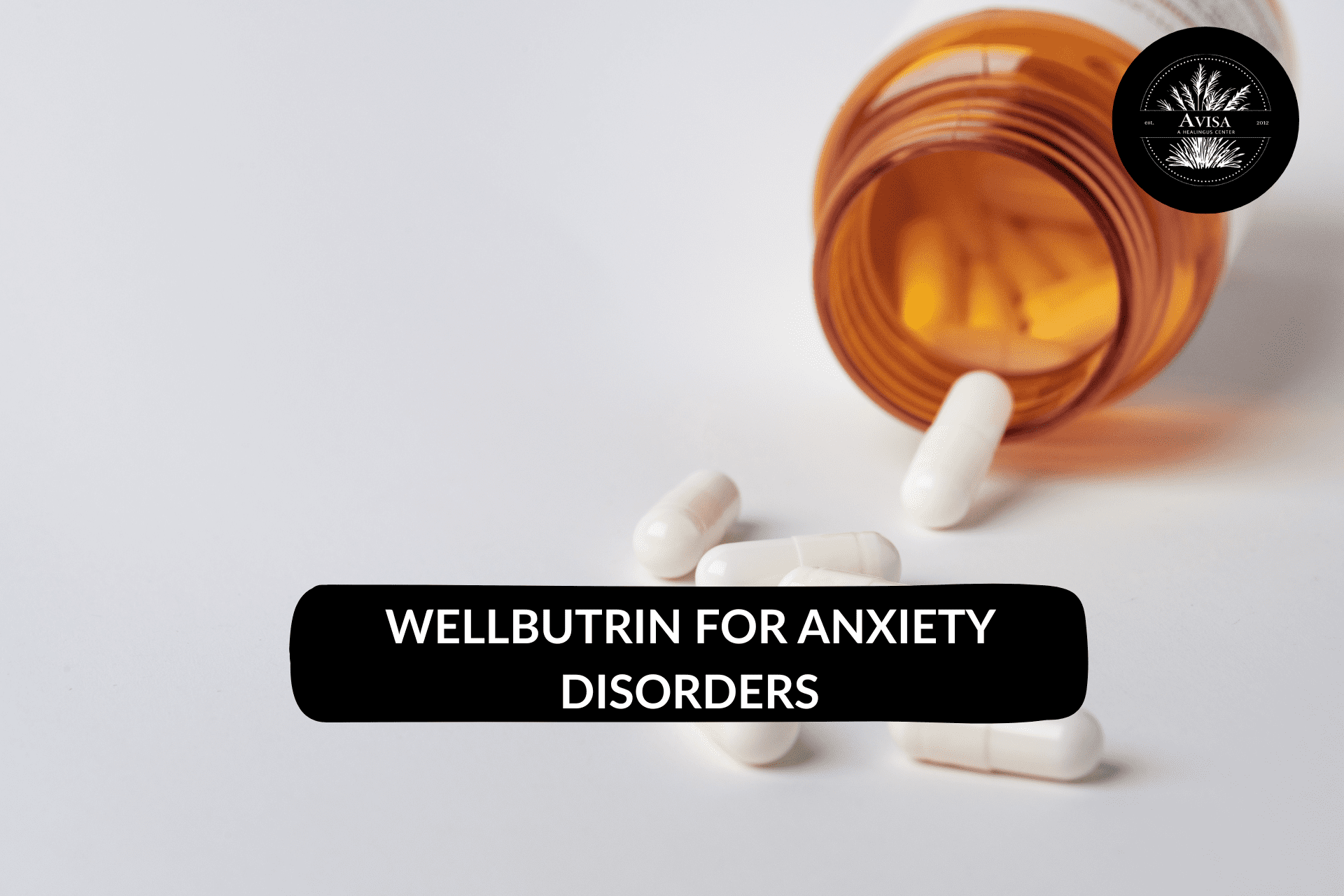“You promised yourself last night would be the last drink.”
But morning came, and so did the cravings, the guilt, the hiding. Sound familiar?
If you’re reading this, maybe you’re tired of living life in the shadow of alcohol. Maybe you’re watching someone you love slip away, and you don’t know how to help. Either way, know this: you are not alone, and this is not the end of your story.
Alcoholism is not just a bad habit. It’s a disease that can steal your peace, your health, and your future. But here’s the truth most people don’t say out loud: you can recover, and you deserve to recover.
In this guide, we’ll walk through real, medical treatment for alcoholism, what it looks like, how it helps, and what your options are. Because when you’re fighting for your life, you need more than motivation. You need a plan.
What Is Alcoholism?
Alcoholism, or alcohol use disorder (AUD), is a long-term brain disease. It causes a strong craving for alcohol, loss of control over drinking, and withdrawal symptoms when not drinking. People with AUD often keep drinking even when it causes serious problems in their lives, at work, in relationships, and with their health.
This isn’t about weakness or lack of discipline. Alcoholism changes how the brain works, making it very hard to stop without help.
Why Medical Treatment Matters
Trying to quit alcohol cold turkey can be dangerous, and in some cases, life-threatening. That’s why medical treatment for alcoholism is so important. It offers a safe, guided process to help the body and mind heal.
Medical treatment doesn’t mean “one-size-fits-all.” It includes a range of care options, from detox and medications to therapy and support groups. A professional team works with you to build a treatment plan that fits your needs. In the year after treatment, clients reduced their overall alcohol consumption by an average of 87%, and alcohol-related problems decreased by 60%.
Types of Medical Treatment for Alcoholism
Let’s break down the different treatment options available, so you know what to expect and what might work best for you.
1. Medical Detox
First things first: Detox.
This is often the starting point in alcohol recovery. Detox means clearing alcohol from your body. But it’s not as simple as just stopping. Your body may react strongly to the sudden change, especially if you’ve been drinking heavily for a long time.
Common withdrawal symptoms include:
- Shaking or tremors
- Sweating
- Anxiety or depression
- Nausea or vomiting
- Hallucinations or seizures (in severe cases)
Because of these risks, detox should always happen under medical supervision. In a detox center or inpatient rehab, doctors can manage your symptoms and keep you safe.
2. Medications for Alcoholism
Some people are surprised to learn there are FDA-approved medications that help treat alcoholism. These medications don’t “cure” the addiction, but they can reduce cravings and make it easier to stay sober.
Here are a few common ones:
- Naltrexone: Blocks the pleasure you get from drinking, making alcohol less rewarding.
- Acamprosate: Helps restore brain balance and reduces cravings.
- Disulfiram (Antabuse): Makes you sick if you drink alcohol. It works as a strong deterrent.
These medications work best when used along with counseling and support.
3. Inpatient Rehab Programs
Inpatient or residential treatment programs provide 24/7 support in a safe and structured environment. You live at the treatment center, away from daily triggers and stress.
What to expect:
- Medical care and monitoring
- Individual and group therapy
- Education about addiction
- Healthy meals and a daily routine
- Support from trained professionals
Inpatient care is great for those with severe alcoholism or who’ve had trouble staying sober in the past.
4. Outpatient Programs
If you can’t leave work or home responsibilities, outpatient treatment is another great option. You get the same high-quality care, but you attend sessions during the day and go home afterward.
Outpatient treatment often includes:
- Therapy sessions (individual and group)
- Medication management
- Education and relapse prevention
- Support groups
This is ideal for people with a strong support system at home and mild-to-moderate alcoholism.
5. Therapy and Counseling
While detox helps your body, therapy helps your mind. It gets to the root of why you drink and teaches you new ways to cope with stress, emotions, and life challenges.
Types of therapy include:
- Cognitive Behavioral Therapy (CBT): Helps change negative thoughts and behaviors.
- Motivational Interviewing: Builds motivation to change.
- Family Therapy: Involves loved ones to support your recovery journey.
Therapy also helps with mental health issues like depression, anxiety, or trauma, common in people with alcohol use disorder.
6. Support Groups
You don’t have to do this alone. Support groups connect you with others who understand what you’re going through. Sharing stories, struggles, and victories can be powerful and healing.
Common support groups include:
- Alcoholics Anonymous (AA): Based on the 12-step model
- SMART Recovery: Focuses on self-management and CBT techniques
- Group therapy sessions in treatment centers
Many people continue attending these groups long after they’ve completed rehab.
How to Know What Treatment You Need
Choosing the right path can feel overwhelming, but you don’t have to figure it out alone. A professional assessment at a treatment center like Avisa Recovery can help you decide what kind of care is best.
Things that influence your treatment plan include:
- How long and how much you’ve been drinking
- Your physical and mental health
- Any past attempts to quit
- Your support system at home
The most important thing? Getting started. Don’t wait for the “perfect time”, there’s no such thing. The right time is now.
Life After Treatment: Staying Sober
Recovery doesn’t end when rehab ends. Staying sober is a lifelong journey. That’s why aftercare is a big part of medical treatment for alcoholism.
Aftercare might include:
- Ongoing therapy
- Support group meetings
- Sober living homes
- Regular check-ins with your treatment team
At Avisa Recovery, we help you build a strong aftercare plan to stay on track and avoid relapse.
Why Choose Avisa Recovery
When it comes to medical treatment for alcoholism, Avisa Recovery is here to guide you every step of the way. Our team is experienced, caring, and committed to helping you heal, physically, mentally, and emotionally.
We offer:
- Safe and supervised detox
- Personalized treatment plans
- Licensed therapists and medical professionals
- A peaceful, supportive environment
- Help for co-occurring mental health disorders
You’re not just a number here. You’re a person with a story, and we’re ready to help you write the next chapter.
Final Thoughts: Take the First Step
You’ve carried the weight of alcohol long enough. The broken promises. The silent shame. The worry in your family’s eyes. But it doesn’t have to end this way.
Medical treatment for alcoholism can save your life. It can give you more than just sobriety, it can give you freedom, clarity, connection, and a future worth waking up for.
At Avisa Recovery, we understand what you’re going through. We’ve seen people at rock bottom rise higher than they ever imagined. And we’re ready to help you do the same, with compassion, clinical expertise, and a belief in second chances.
You are not broken. You are becoming.
Let this be the moment you choose yourself.
Reach out to Avisa Recovery today. Your healing starts with one brave step.
FAQs
Q. What are the 4 treatments for alcoholism?
A. The four main treatments for alcoholism are detoxification, counseling or behavioral therapy, medications, and support groups. Each plays a role in recovery. Medical treatment for alcoholism often begins with detox and includes therapy and long-term support to help prevent relapse and stay sober.
Q. Which medication is indicated for the treatment of alcoholism?
A. Common medications used in the medical treatment for alcoholism include naltrexone, acamprosate, and disulfiram. These help reduce cravings, block alcohol’s effects, or cause unpleasant symptoms if alcohol is consumed. A doctor will choose the best option based on your health and needs.
Q. What can doctors prescribe for alcoholism?
A. Doctors can prescribe medications like naltrexone, disulfiram, or acamprosate as part of medical treatment for alcoholism. These help manage cravings, prevent drinking, or reduce withdrawal symptoms. A doctor may also suggest therapy, detox, or inpatient care depending on the severity of alcohol use.
Q. What are the medical treatments for alcohol dependence?
A. Medical treatment for alcoholism often includes supervised detox, prescription medications, therapy, and rehab programs. Detox clears alcohol from the body safely. Medications reduce cravings. Therapy helps with emotional healing, while rehab offers long-term support to avoid relapse and build a sober, stable life.











